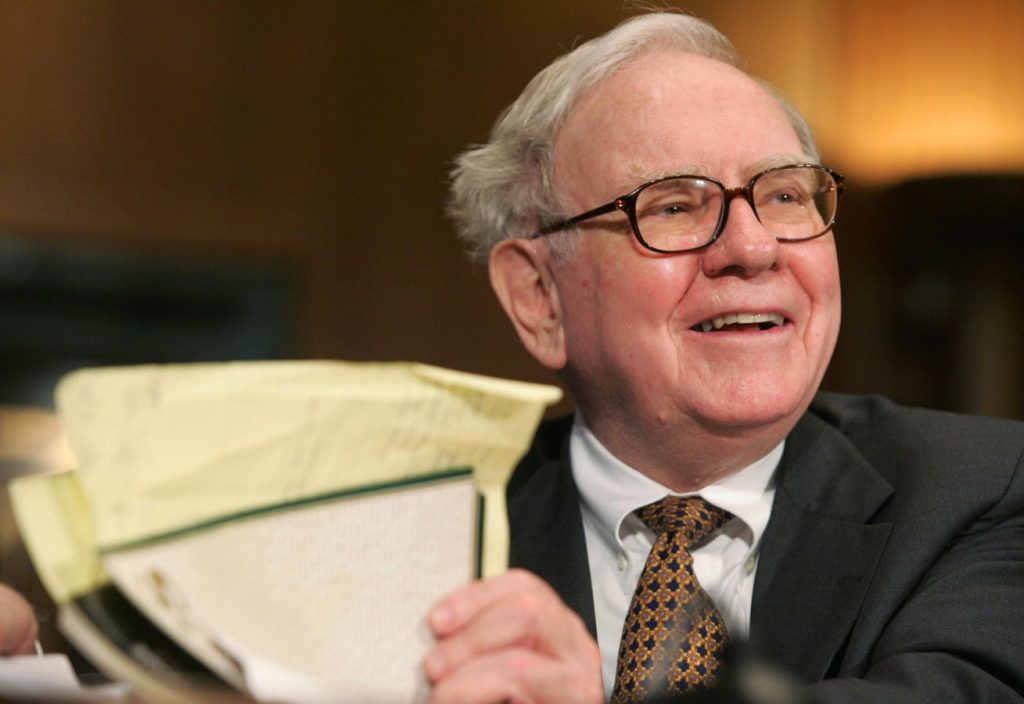Berkshire Hathaway recently held its annual meeting in Omaha, coinciding with the release of its first-quarter earnings. Warren Buffett and other top executives discussed the company’s performance, highlighting a 39% increase in operating earnings compared to the previous year. Despite a profit decline from the same quarter in 2023, the company saw growth in various operating segments, excluding the insurance business which experienced an 8% drop in operating income. Berkshire’s insurance segment showed improved results in the first quarter of 2024, with higher investment income and underwriting results driven by solid performance at GEICO.
The insurance business is a crucial component of Berkshire’s overall strategy, with a focus on the concepts of “float” and underwriting profit. The company’s float, currently at $168 billion, allows for profitable investing before insurance losses are reimbursed. Berkshire has a history of earning underwriting profits, further enhancing their overall earnings from the insurance segment. Despite challenges in certain segments like BNSF railroad, which saw an 8% decline in net operating earnings, management remains optimistic about making progress and improving profitability. The utilities and energy segment, led by Berkshire Hathaway Energy Company, showed improved results in the first quarter.
In terms of manufacturing, service, and retail businesses, Berkshire saw growth in certain areas like aerospace products and wholesale distributor McLane. However, segments like automotive dealerships and furnishings experienced declines in earnings due to various factors like increased competition and low customer demand. The company’s investment in electronic components distributor TTI also faced challenges related to inventory levels and demand. Pilot Travel Centers, acquired fully by Berkshire in January 2023, saw a decline in operating earnings due to lower margins on retail fuel sales and higher operating expenses.
Berkshire Hathaway’s publicly traded stock portfolio underwent significant changes in the first quarter, with the company selling close to $20 billion of its stake in Apple. Despite this sale, Apple remains a significant holding for Berkshire, with CEO Warren Buffett citing its superiority as a business compared to other existing holdings. Share repurchases also played a role in boosting operating earnings per share by 41%, with Berkshire buying back almost $2.6 billion of its stock. The company’s capital allocation decisions, including share repurchases and strategic investments, are viewed through the lens of increasing long-term value.
Looking ahead, Berkshire’s management continues to focus on increasing operating earnings, decreasing shares outstanding, and seizing occasional big opportunities. The company’s robust financial position, with cash levels of nearly $182 billion expected to rise to at least $200 billion, provides flexibility to capitalize on opportunities for growth. As the company navigates challenges in various segments and plans for succession beyond the leadership of Warren Buffett and Charlie Munger, Berkshire remains resilient and well-positioned for the future.


